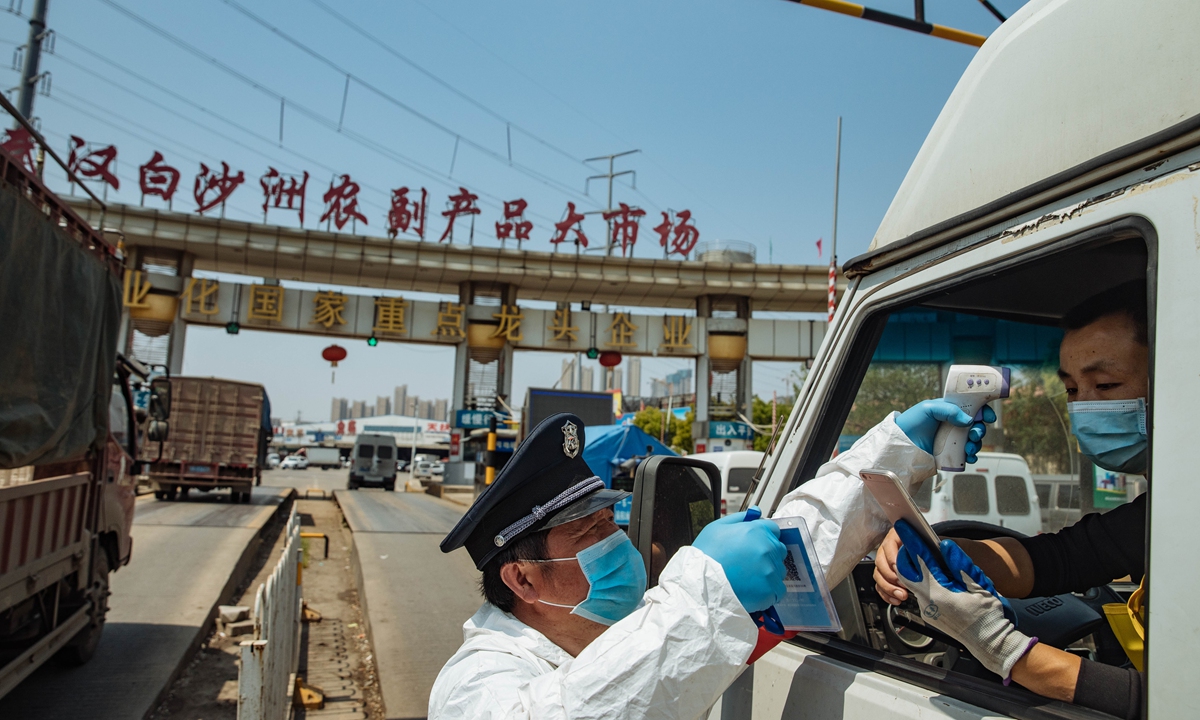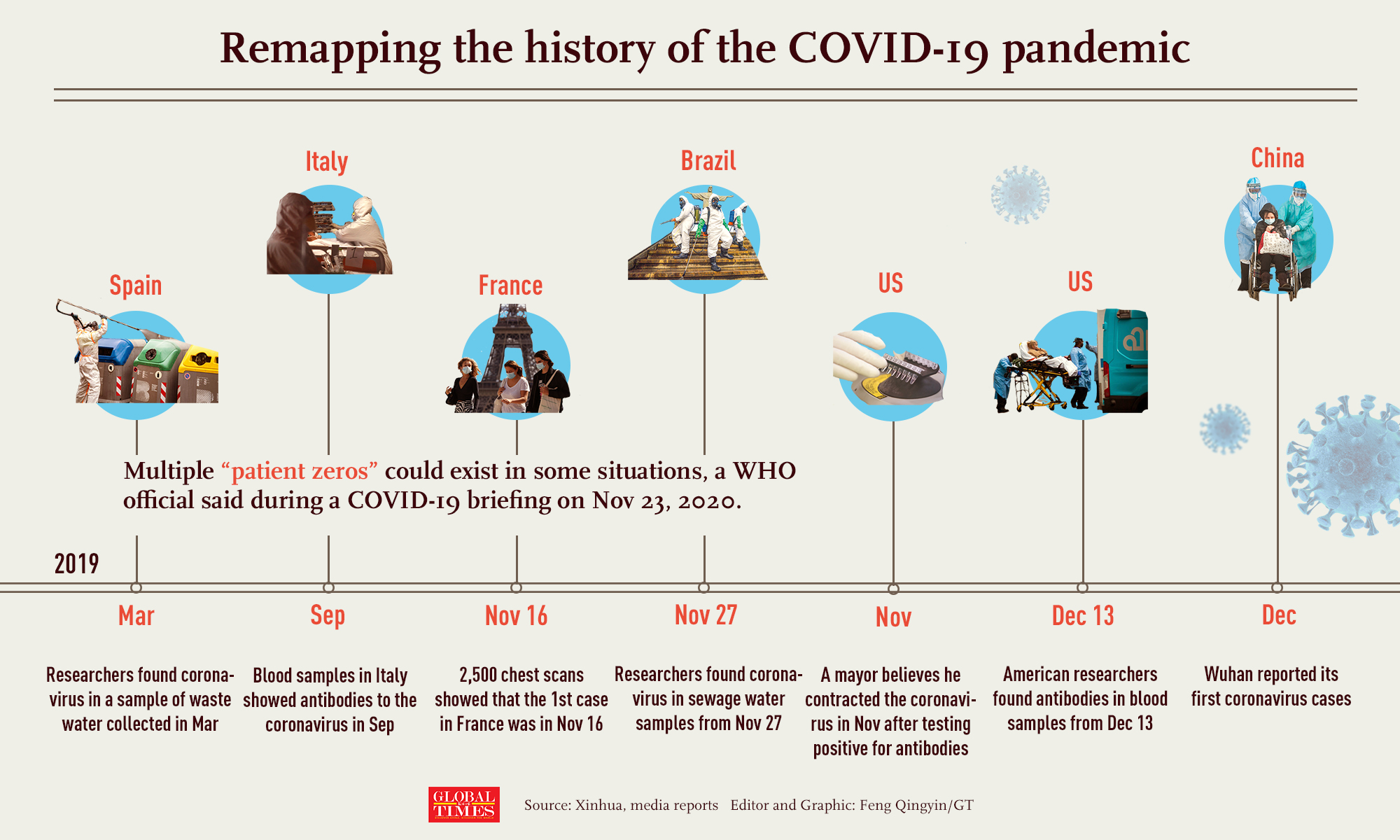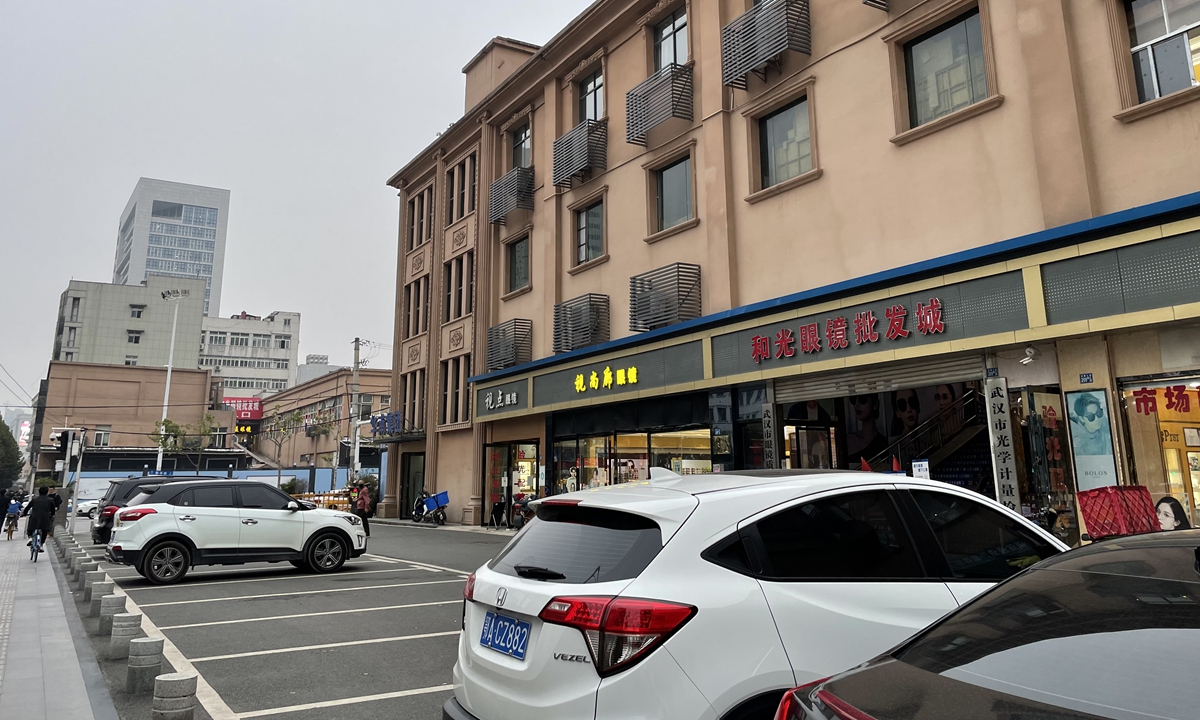
SEOUL (REUTERS) - South Korean authorities urged vigilance on Saturday (Dec 5) as small coronavirus clusters emerged in a third wave, centred in the Seoul area, with infections near nine-month highs.
The Korea Disease Control and Prevention Agency (KDCA) reported 583 new coronavirus infections, down from the previous day's 629, which was the highest since a first wave peaked in February and early March.
After implementing tighter restrictions on Saturday, the government is to decide on Sunday whether to further tighten curbs in a country that had seen initial success through aggressive contact tracing and other steps.
Infections of the virus that causes Covid-19 averaged 487.9 this week, up 80 cases from the week before.
This wave of infections is different from the first two, which were driven by large-scale transmission, said KDCA official Lim Sook-young.
"The recent outbreaks are small, multiple and is spread in people’s everyday lives," Ms Lim told a news briefing.
"Please keep in mind that the current wave is not limited to a specific group or place but may be around our homes, family and acquaintances."
Seoul accounted for 235 of the new infections. More than half of South Korea’s 52 million people live in the capital and surrounding areas.
Among Seoul’s small but widespread clusters, confirmed cases linked to a dance class rose by nine to 249 in less than two weeks, while 21 people tested positive in a cluster related to a wine bar.
Seoul launched unprecedented curfews on Saturday, shuttering most establishments and shops at 9pm for two weeks and cutting back public transportation operations by 30 per cent in the evenings.
Tighter restrictions would be a blow to Asia's fourth-largest economy, which reported a seasonally adjusted unemployment rate of 4.2 per cent in October, the highest since July.
The number of people seriously or severely ill with Covid-19 rose by five to 121, using more of the nation's swindling sickbeds, KDCA reported.
The health authorities said on Friday there were just 59 sickbeds immediately available for serious or severe cases and that the beds might run out in less than two weeks.
South Korea has reported 36,915 coronavirus infections and 540 deaths, the KDCA said.
South Korea to boost testing as coronavirus surge threatens ‘medical collapse’
SEOUL - South Korean President Moon Jae-in has urged the country’s authorities to undertake more efforts in tracking and tracing coronavirus infections.
This comes as tightened measures have failed to reduce the rate of daily infections.
The country reported 615 new Covid-19 cases on Monday (Dec 7), raising the total to 38,161. Health officials have warned that the number of new daily cases could spike to over 900 next week if the pace of infection continues.
New restrictions to be imposed from Tuesday include a ban on gatherings of 50 or more people and closure of some 130,000 infection-prone facilities.
In meetings with aides on Monday, Mr Moon called on the government to mobilise “every available personnel”, from civil servants to those in the military and police, to provide on-site support for epidemiological investigations starting this week.
He also stressed the need to set up more drive-through test centres and expand the operating hours of testing facilities to allow office workers and young people to go for testing more conveniently, according to the presidential Blue House.
The President also instructed officials to push for the use of rapid antigen tests that can produce results in just 15 minutes, as compared to the six hours the usual polymerase chain reaction (PRC) tests require.
“We have overcome the coronavirus crisis several times, but the situation now is more serious than ever,” he said, citing the worrying trend of increased asymptomatic transmission.
Mr Moon also warned that an “uncontrollable nationwide pandemic” could ensue if the country failed to curb the spread of the virus this time.
His message came as South Korea imposed another round of measures against the virus in Seoul and greater Seoul.
From Tuesday, the social distancing level will be raised one notch to 2.5 - the fourth in a five-tier system - for three weeks.
This means banning gatherings of 50 or more people, even at weddings and funeral halls, and closing karaoke rooms and indoor sports facilities, which were previously allowed to run until 9pm.
Sporting events can no longer allow spectators, and religious activities must go online.
Elementary schools can only run at one-third capacity, while middle and high schools continue to conduct lessons online.
From Tuesday, the subway in Seoul will cut capacity by 30 per cent after 9pm, in line with the city’s plan to “stop Seoul” at 9pm to curb the worst bout of infections since March.
In place since last Saturday, the curfew also applies to malls, movie theatres, beauty salons and supermarkets.
Health Minister Park Neung-hoo said Seoul and greater Seoul are already in a state of “war” against the virus, as their daily infection figure surged to a nine-month high of 470 on Sunday, before dropping to 440 on Monday.
He also voiced concern over two consecutive days of 600-plus caseloads, noting that the number usually declines over the weekend as testing centres are closed on Sundays and operate only half a day on Saturdays.
“Unless we curb the spread of the virus... we will see an explosive spread of infections and the country’s medical system will falter,” he said.
But small businesses that had to cut operating hours or close completely are more worried about their bottom line.
Mr Alexander Kim, 46, whose indoor golf simulator club will have to close for three weeks, said his earnings this month is just a fraction of his rent and management fees.
“Winter is peak season for us but now we cannot even open for business,” he told The Straits Times. “I just hope the third wave will be over soon. Meanwhile, I can spend more time with family.”









